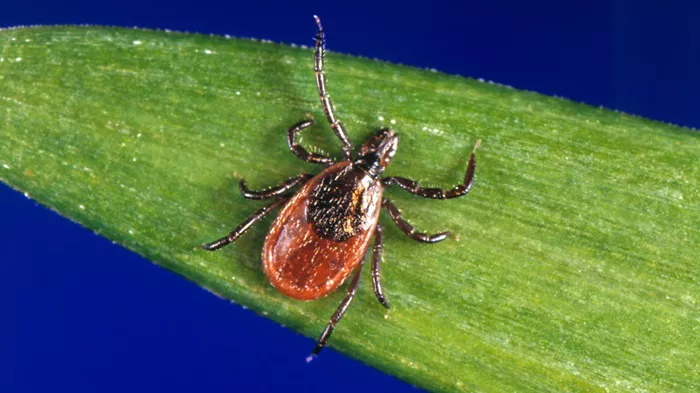Coco Chanel once said, “Women have always been the strongest people in the world.” While women are indeed resilient, understanding how their health evolves over time and how to care for their bodies at every life stage is equally crucial. Health checklists can guide women through the essential routine visits, screenings, and preventive care they need to maintain well-being.
“Age may just be a number, but I cannot overemphasize the importance of women staying proactive about their health,” said Suzanne Spernal, DNP, APN-BC, RNCOB, C-ONQS, Senior Vice President of Women’s Services at RWJBarnabas Health. “This includes following recommended exams, screenings, and vaccinations to keep healthy.”
In Your 20s
The twenties are a prime time to build healthy habits that will pay off for decades. Establishing care with a primary care physician, gynecologist, and dermatologist for annual checkups, engaging in regular physical activity, ensuring adequate sleep, and maintaining a balanced diet are all key.
Bone density, metabolism, and fertility peak during this decade. However, limiting sun exposure to protect skin remains important.
In Your 30s
Women in their thirties often juggle health, career, relationships, and family planning. Along with general health maintenance, many seek guidance on contraception and pregnancy.
Metabolism may start to slow, so continuing a healthy diet and exercise regimen is important. This decade may also bring declines in skin collagen and elastin, bone density, and fertility.
In Your 40s
Similar to the thirties, women in their forties may experience further decreases in metabolism and bone density, along with reduced muscle mass. Breast health becomes a critical focus, with mammograms recommended starting at age 40 as a key breast cancer screening tool.
New guidelines from the American Gastroenterological Association in 2021 now recommend colorectal cancer screening beginning at age 45 for average-risk adults, a shift from the previous starting age of 50 (except for African Americans who began at 45).
Risks for conditions such as heart disease, osteoporosis, and certain cancers increase in this decade, making early detection and prevention vital.
At Age 50
Around age 50, hormonal changes signal the transition to perimenopause and menopause, often accompanied by hot flashes, mood swings, and irregular periods.
Maintaining bone health remains a top priority as bone density can drop sharply post-menopause. Body composition may change, with reductions in fat around the hips and thighs and increases around the waist.
Regular screenings and checkups continue to be important due to elevated risks for heart disease, stroke, and some cancers.
In Your 60s
The old saying holds: women often lose height as they age. Women in their sixties may experience height loss due to thinning spinal discs, joint stiffness, and pain in knees, hips, or back. Weakened pelvic muscles may lead to occasional urinary incontinence.
Regular health evaluations grow even more important in this decade as chronic diseases become more common.
At 70 and Beyond
Women over seventy face changes in mobility, sensory perception, and cognition. Muscle weakness increases the risk of falls and balance issues, while vision and hearing may deteriorate, sometimes requiring cataract surgery or hearing aids. Skin becomes thinner, drier, and more prone to wrinkles.
Maintaining a healthy weight and keeping up with regular screenings and checkups helps manage chronic conditions like diabetes and supports overall health.
Each woman’s health journey is unique. The key message remains clear: regular medical care and a commitment to health are essential at every age.
Related Topics

































